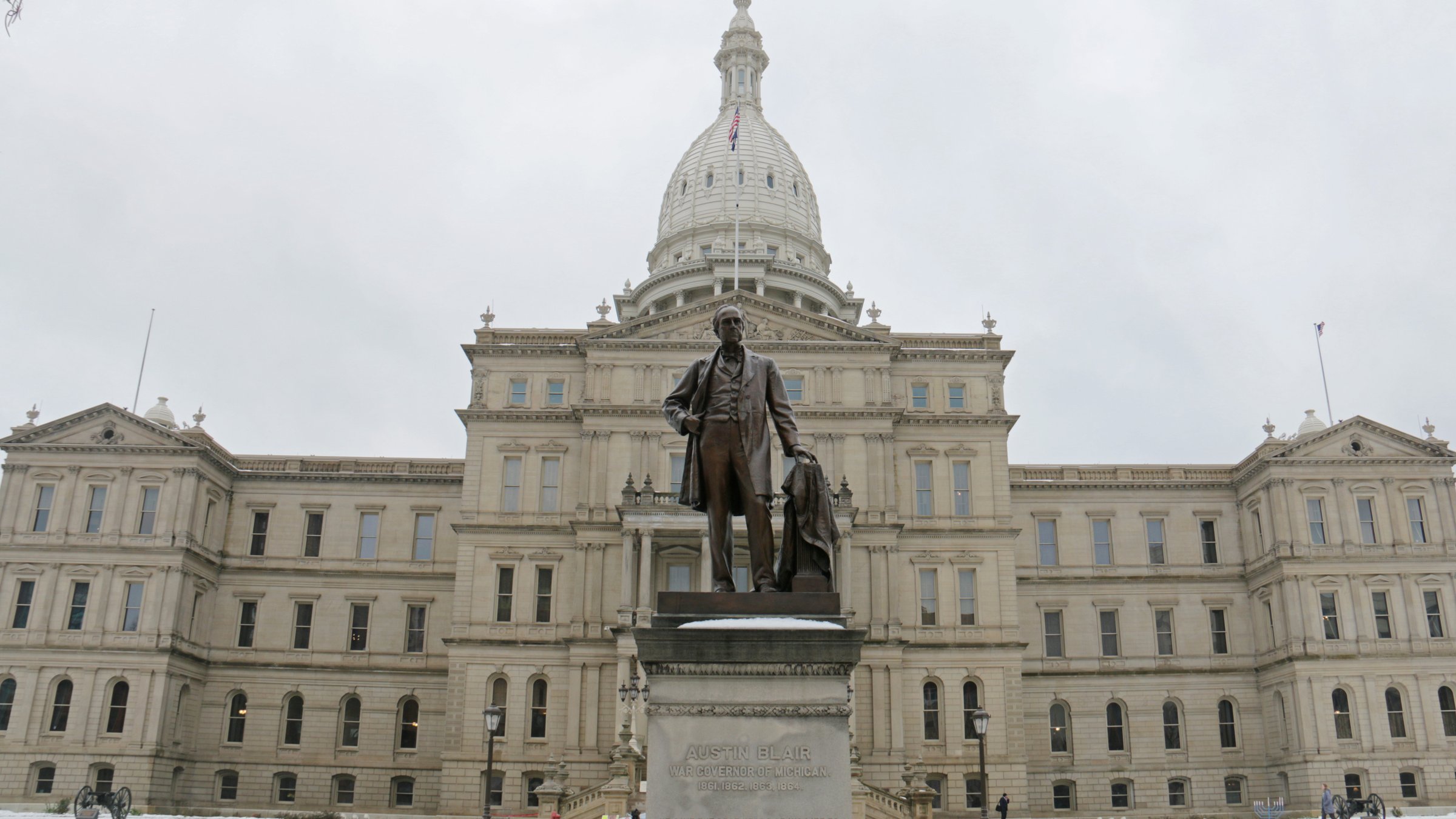The new year is here, and that means the Michigan Legislature is resuming session after a busy year of lawmaking in 2023. The following are five important issues the Michigan Catholic Conference will be watching this year.
Assisted suicide
Michigan has long prohibited physician-assisted suicide to protect the sick and elderly from being legally provided drugs to end their lives. Just before lawmakers adjourned in 2023, however, bills were introduced in the Michigan Senate to end these protections.
The MCC opposes the legislation because it offers death rather than hope, love, and compassion, along with medically advanced palliative care for those who are in pain, sick, suffering or may have a terminal condition.
The proposed legislation would remove the state’s statutory protection against assisted suicide, which was affirmed by 71% of Michigan voters in a statewide vote in 1998. The bills have not had a Senate committee hearing yet.
Commercial surrogacy
Last fall, the House approved legislation to allow compensated surrogacy contracts in Michigan, which would commercialize a practice that currently tends to take place between close friends or family.
The MCC’s perspective toward the package begins with the rights of the child, as every child possesses God-given dignity regardless of his or her origin. The MCC’s concerns with surrogacy include the fact that it intentionally displaces the connection between the child and his or her birth mother. The legislation also poses an increased risk of exploitation of surrogate mothers that would likely come with a new surrogacy industry in Michigan should the bills pass.
As Pope Francis very recently said, surrogate motherhood “represents a grave violation of the dignity of the woman and the child, based on the exploitation of situations of the mother’s material needs,” adding that “a child is always a gift and never the basis of a commercial contract.”
The MCC opposes the surrogacy legislation while still acknowledging the suffering of husbands and wives who experience infertility and suggests promoting adoption as an alternative path to parenthood. The package awaits Senate committee consideration.
Driver's licenses for undocumented immigrants
The MCC will continue working to pass legislation to allow the opportunity for undocumented immigrants to acquire a driver’s license or state identification card.
The policy aligns with the Church’s principle of upholding the human dignity of immigrants by ensuring people can legally drive to work, school, the grocery store, and other daily activities that impact the health and well-being of children and families.
In supporting this policy, the MCC is not encouraging illegal immigration or open borders, nor is this policy about giving the undocumented the right to vote.
Legislation has been introduced in both legislative chambers and awaits committee consideration.
Rate cap on payday loans
Legislation capping rates on payday loans was introduced last fall, a policy the MCC supports. Payday loans are short-term loans structured with fees in such a way that the annual interest rate can amount to nearly 400%.
The MCC is supporting this legislation to rein in the exorbitantly high fees that can trap vulnerable people in a cycle of debt. The MCC has long been involved in efforts to oppose payday lending expansion, as payday loan stores primarily target and impact people who are already low income.
Matching rate cap bills introduced in both legislative chambers now await committee hearings.
Legislation would end confidentiality in closed adoptions
The MCC is concerned proposed legislation ending confidentiality in a closed adoption could result in fewer mothers choosing adoption for their children.
Catholic Charities agencies, which facilitate adoptions in this state, say women have valid reasons to opt for a closed adoption. For some birthparents, having a confidentiality option is vital, and without it, they may not choose adoption. Many Catholic adoption agencies have found that for most cases in which an adoptee wants to know their parentage, arrangements are and can be made within the current law.
The legislation has cleared the House and now awaits action in Senate committee.
Governor's State of the State, state budget process
In addition to the five policy issues discussed above, the MCC will also be monitoring Gov. Gretchen Whitmer’s sixth State of the State Address on Wednesday, Jan. 24, before a joint gathering of the state House and Senate, which is when the governor will typically outline her policy priorities for the year.
In early February, the governor will release her recommendations for the next state budget. The MCC believes the state budget is a moral statement, one that indicates the priorities the state places on those who are vulnerable and most in need. The MCC also monitors state budget action for how nonpublic schools are treated by the state.
To stay up to date on these issues and everything else happening at the state Capitol of interest to Catholics, join the Catholic Advocacy Network to receive weekly updates as well as opportunities to contact lawmakers on important matters. Visit micatholic.org/can to sign up.
Paul A. Long is president and CEO of the Michigan Catholic Conference, the official public policy voice of the Catholic Church in this state.












